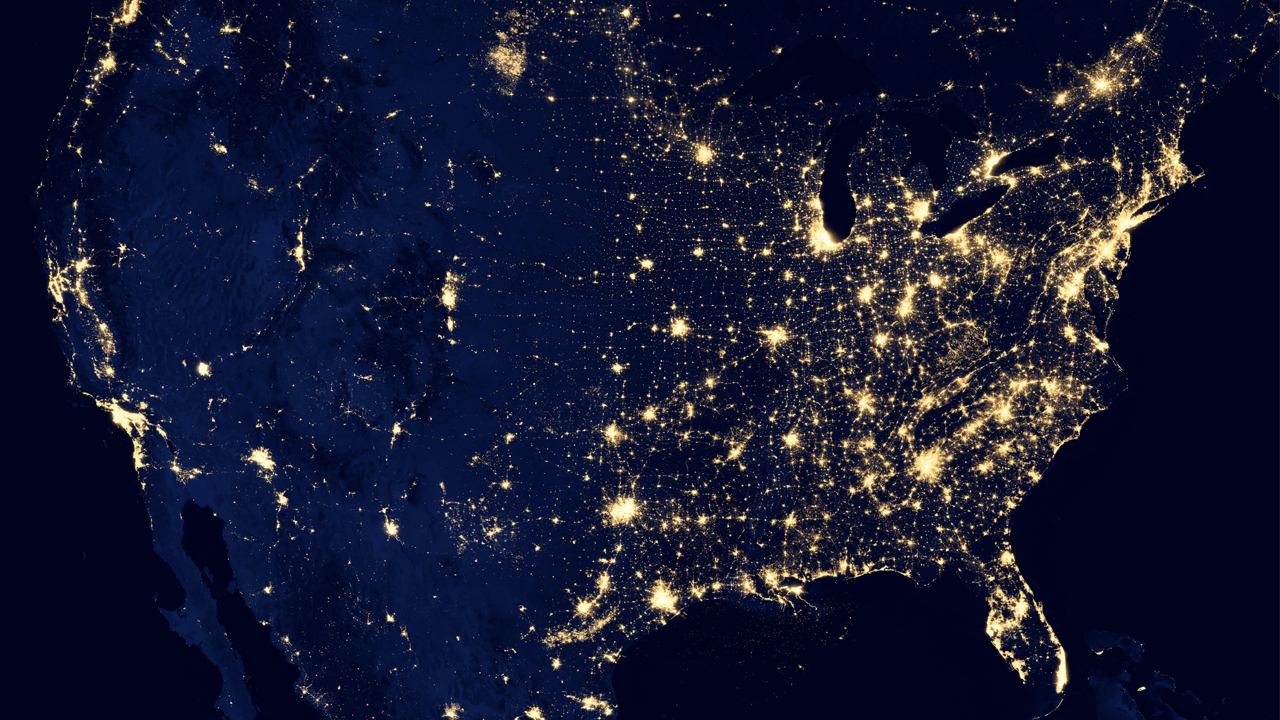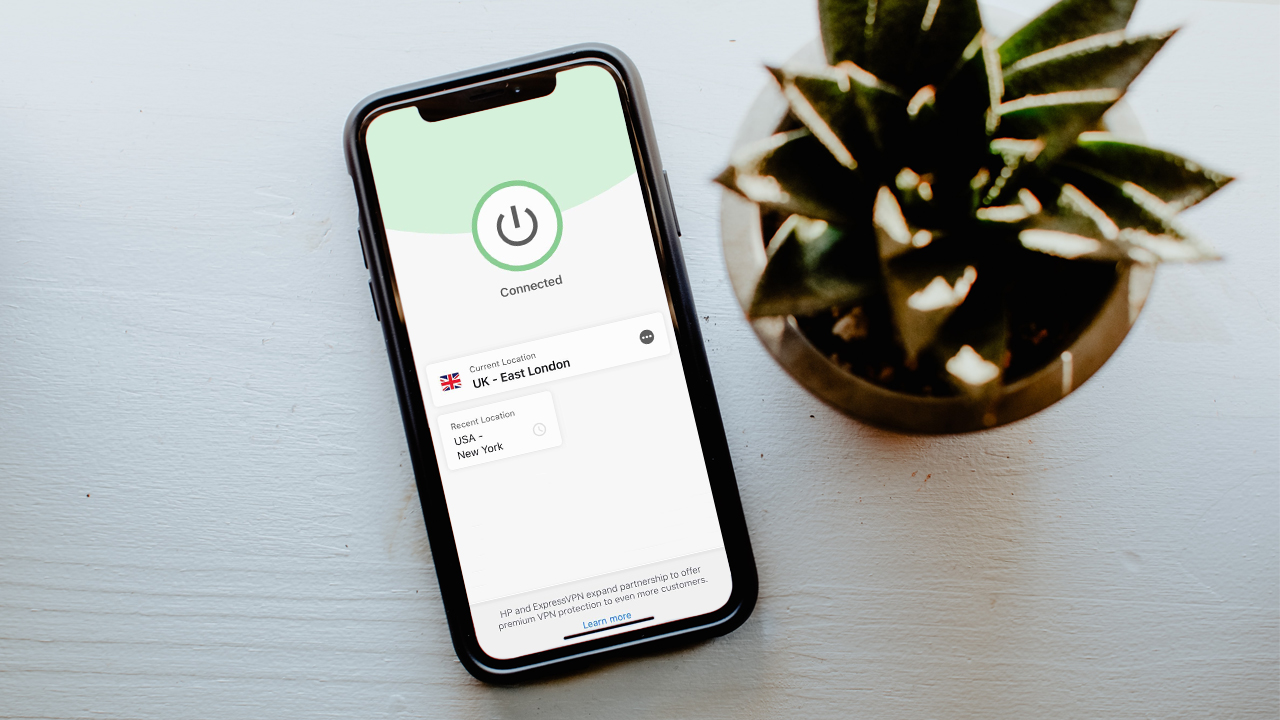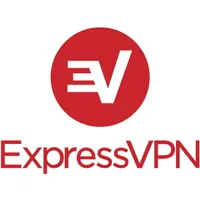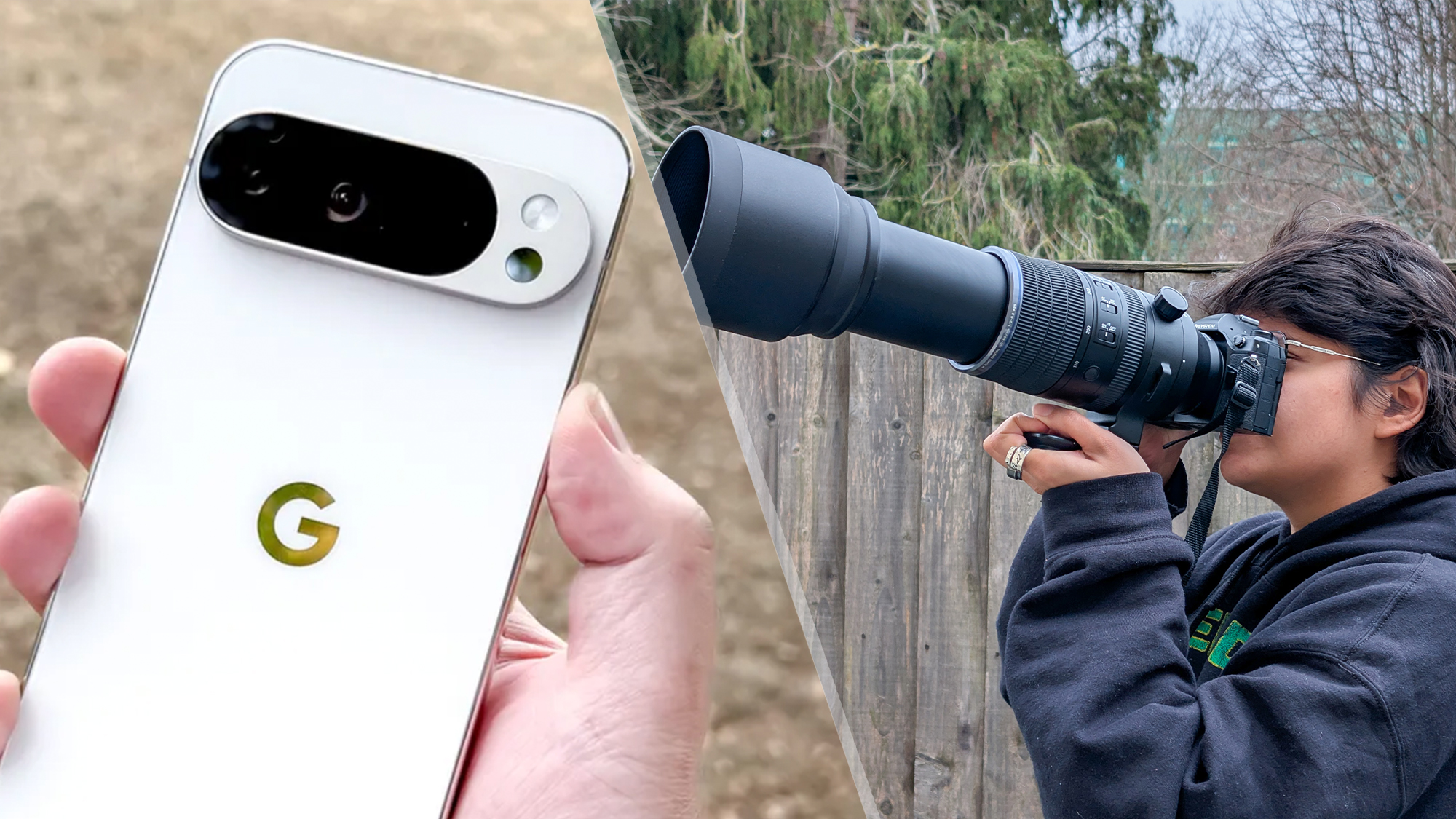How to use a VPN to speed up your internet
Use a VPN to avoid network throttling and speed up your connection

Here at Tom’s Guide our expert editors are committed to bringing you the best news, reviews and guides to help you stay informed and ahead of the curve!
You are now subscribed
Your newsletter sign-up was successful
Want to add more newsletters?

Daily (Mon-Sun)
Tom's Guide Daily
Sign up to get the latest updates on all of your favorite content! From cutting-edge tech news and the hottest streaming buzz to unbeatable deals on the best products and in-depth reviews, we’ve got you covered.

Weekly on Thursday
Tom's AI Guide
Be AI savvy with your weekly newsletter summing up all the biggest AI news you need to know. Plus, analysis from our AI editor and tips on how to use the latest AI tools!

Weekly on Friday
Tom's iGuide
Unlock the vast world of Apple news straight to your inbox. With coverage on everything from exciting product launches to essential software updates, this is your go-to source for the latest updates on all the best Apple content.

Weekly on Monday
Tom's Streaming Guide
Our weekly newsletter is expertly crafted to immerse you in the world of streaming. Stay updated on the latest releases and our top recommendations across your favorite streaming platforms.
Join the club
Get full access to premium articles, exclusive features and a growing list of member rewards.
While it’s common knowledge that even the best VPN will slightly slow down your maximum connection speed, few people know that one of the most ingenious VPN uses is speeding up your connection. But how can that work?
Here, we’re going to give you a brief guide on how to use a VPN to speed up your internet connection, in what situations that might be possible, and if it’s something worth you doing.
How does a VPN speed up internet?
Every internet plan on the market has a maximum speed – that could be 10Mbps or 600Mbps, or anywhere in between and sometimes higher – but that’s not the speed you’ll experience all the time. Your ISP (internet service provider) monitors its customers’ traffic and, if it detects certain activities, it can ‘throttle’ your connection.
Throttling is the controversial practice of slowing down individual users’ connections to either discourage them from engaging in a certain activity or save bandwidth at peak times. Sometimes an ISP will throttle every user’s connection – something a VPN can’t avoid – but for selective throttling a VPN is very useful.
How can a VPN avoid network throttling?
ISPs can see what you’re doing with your internet connection, and they monitor this for activity which is worthy of throttling. Sometimes that could be gray areas such as torrenting, but it has also been observed in innocent yet high-bandwidth situations like online gaming and streaming HD TV.
No matter what you’re doing on the web, we think you should be getting what you pay for from your ISP. If you want to guarantee that, use a VPN.
A VPN directs your connection through its own encrypted servers to entirely anonymize your traffic. That means no one, including your ISP, the government or even the VPN itself can see what you’re using your bandwidth for. In turn, that means your ISP can’t single you out as a user who is, for example, sharing P2P, and subsequently can’t make the decision to throttle your connection.

What VPN is best for avoiding throttling?
It goes without saying that if you want to avoid network throttling you’ll need a fast VPN. On top of that, you’ll also want rock-solid security features to make sure your personal data isn’t compromised, and a reliable support system (ideally 24/7 live chat) to assist if you notice your connections dropping or need help setting up.
Save 49% and get three months free of our top-rated VPN
Ticking all of those boxes is ExpressVPN, which is our all-round top-rated VPN. On top of great privacy and excellent speeds, you’ll also have over 3,000 servers in 94 countries to choose from, plus it’s an excellent streaming VPN that can unblock pretty much anything you want – that includes Netflix, BBC iPlayer, Hulu, and it's even a great Peacock VPN.
It has excellent apps that are super easy to use, but if you like to get under the hood you’ll also find tons of in-depth features like a kill switch, split tunnelling and Perfect Forward Secrecy. And, if that wasn’t enough, there are apps for almost every device – for example, it tops our best Android VPN and our best Fire Stick VPN guides.
Tom’s Guide readers can now claim three months free of ExpressVPN, meaning you’ll get 15 months for the price of 12. And, you’ll also get a 30-day money-back guarantee in case the service doesn’t work exactly how you want it to (but we don’t think it’ll come to that). Overall, if you want to avoid network throttling and speed up your connection, ExpressVPN is your best choice.
Get instant access to breaking news, the hottest reviews, great deals and helpful tips.

Mo has been rigorously testing, reviewing, and analyzing VPN services at Tom’s Guide for more than five years. He heads up the three-person Tom's Guide VPN team, and is passionate about accessibility: he believes that online privacy should be an option that’s available to everyone. NordVPN and ExpressVPN are the products he uses most on a daily basis, but he experiments weekly with all the top services, evaluating their privacy features, connection speeds across various protocols, and server reliability – among other things – so that he can make confident VPN recommendations that are backed by data. To see his latest advice, head over to Tom’s Guide’s best VPN and best free VPN guides.
 Club Benefits
Club Benefits











